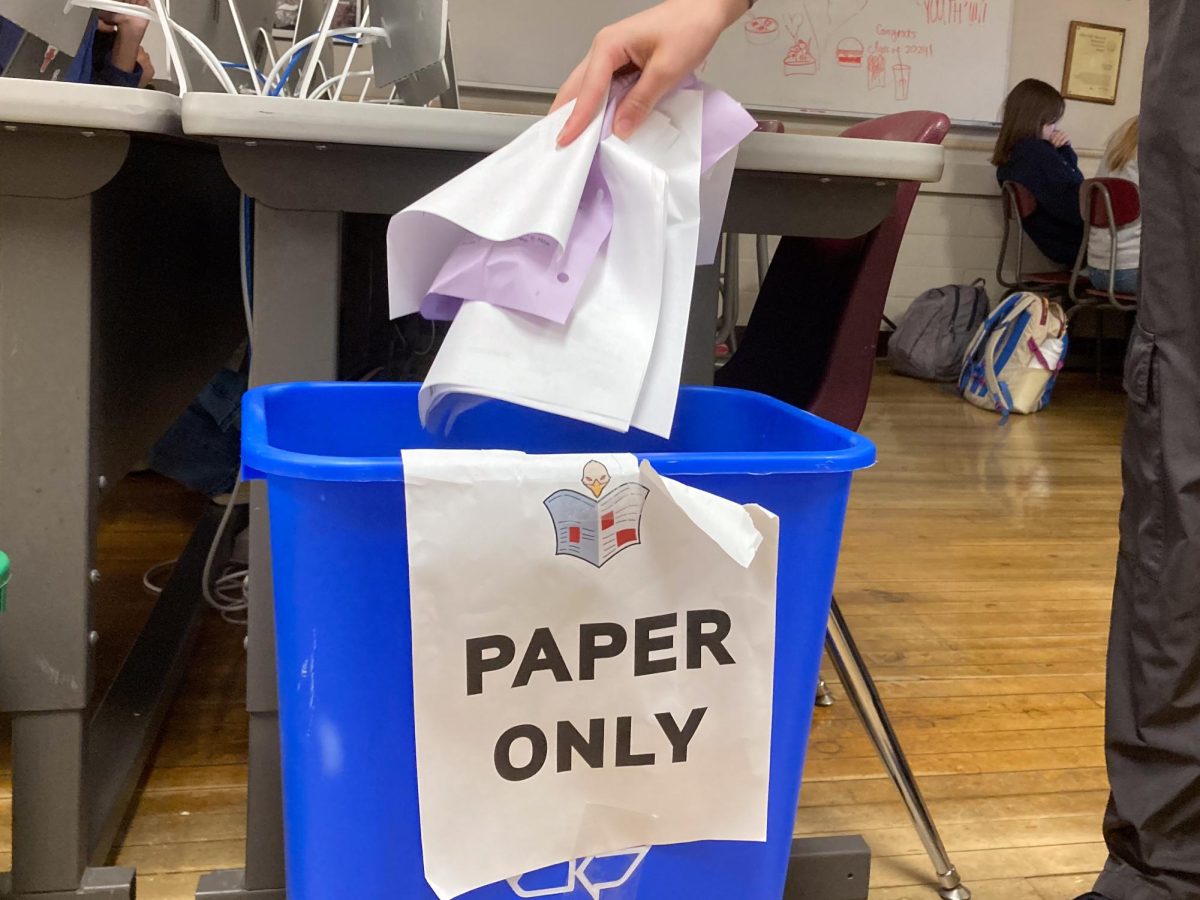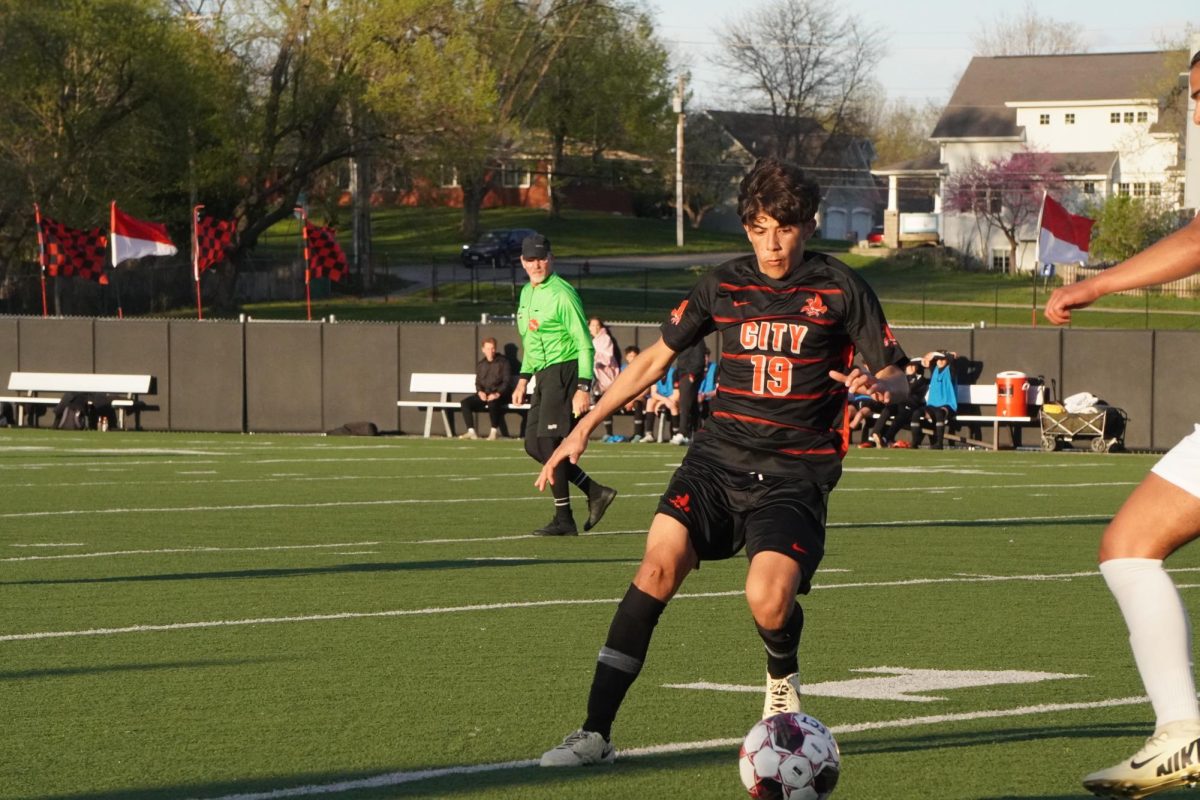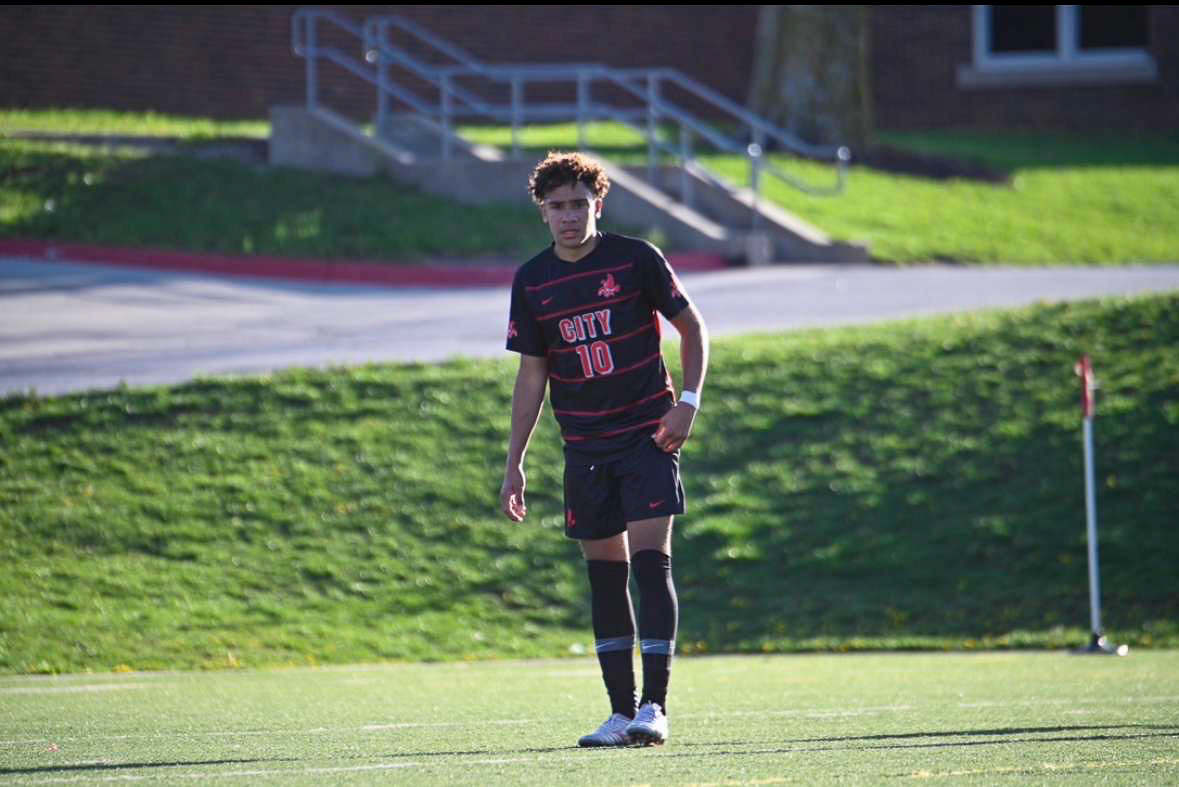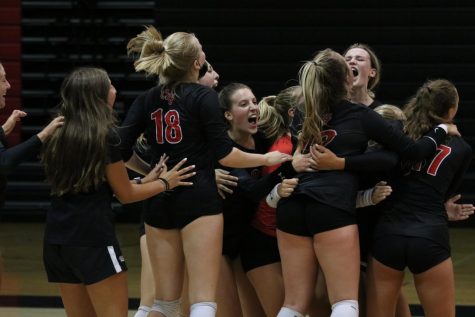In the Deep End
December 18, 2018
1. Don’t procrastinate! With swimming and school, not to mention any other activities, it pays to be prompt and get your schoolwork done on or ahead of time. Thursdays are especially helpful, as there are other student swimmers and people who have the same classes as you, plus a whole hour to get stuff done! I also find it helpful to do homework on the bus up to a meet because we get home late.
2. Eat a lot, and keep hydrated. This might go for a lot of athletes, but swimmers especially, heed my warning: if you are hungry, eat. Swimmers burn an excessive amount of calories in surviving the cold mornings and exhausting afternoons. With eight hours of school in between the two, eating during the day can mean the difference between feeling weak and feeling like your normal self. Hydrating should go for everyone too, actually. But swimmers may not remember just because they spend four-plus hours in the water a day. Guys, it’s not good for you to drink the icky pool water, plus it’s gross (trust me). Drink lots of clean water and you’ll be fine.
3. Sleep is super important. You might not be getting quite enough sleep, especially with that heavy schedule. Since high school morning practice is usually around six in the morning and we get home at seven at night — even later with meets — there’s limited time, but usually you can squeeze homework in between swimming, dinner, and sleep, or before school in the time you have between morning practice and your first class.
4. Ask other swimmers or captains for help! This is a big one. The team is there for support, and they are your friends. They’ve been where you are now, and you can always ask them for advice or to do things with you. We generally have a smaller team, so we’re close and everyone is friendly. The captains are specifically there for help, so if you have an issue with anything, you can always come to the captains or have a productive conversation with the coaches.
5. Team sportsmanship is important. Remember to be polite to the opposing team at meets as well as to your own City High teammates. Cheering is one of the most important aspects of a meet. It’s also a confidence booster to your own teammates and gets everyone energized. Practices too are always more fun when people are supportive and/or loud!
6. Take care of yourself. This is big no matter where you are in life. If there’s a pain somewhere, tell a coach and take a break. Health is the most important thing in any sport, and if you are not feeling your best, you’re not swimming your best. The great thing about swimming is that it’s a non-impact sport, and doesn’t aggravate problem areas like the knees and lower back. Usually it’s easy to tell if it’s something you can push through on your own or if you need to take a break. Any sport is going to challenge you, and swimming is no different. Feeling like you are drowning at a practice is a great bonding experience — at least you’ll have your teammates with you.
That said, swim fast and have fun!



















































